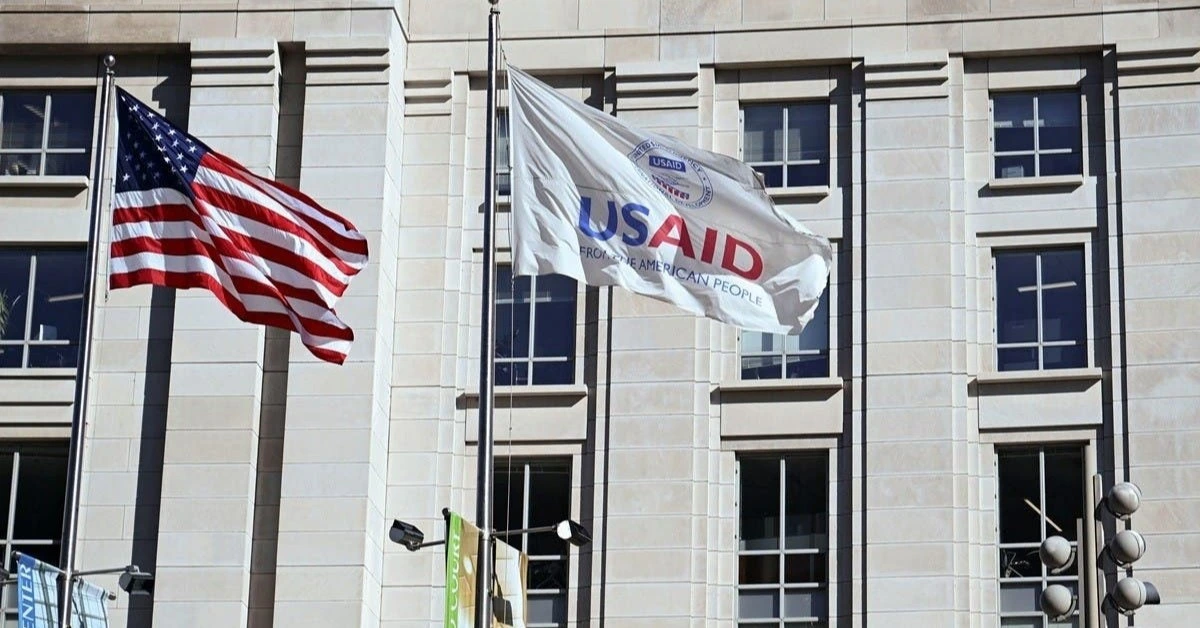
USA – The future of USAID, the world’s largest provider of humanitarian aid, is facing serious doubts. The organization, known for its efforts to improve medicine quality and safety in low- and middle-income countries, may be shut down and merged into the US State Department.
Over the weekend, its website went offline, fueling rumors about its potential closure. A report from CNN revealed a tense standoff between USAID and Elon Musk’s Department of Government Efficiency (DOGE).
This confrontation centered around access to restricted areas and personnel data within USAID. As a result, two senior officials, including the director of security, John Voorhees, and his deputy, were placed on administrative leave.
President Donald Trump addressed the situation last night, calling USAID a group of “radical lunatics” and stating, “We’re getting them out, then we’ll make a decision.”
Musk, in a series of posts on X, labeled USAID a “criminal organization” plagued by corruption and inefficiency, adding, “It’s time for it to die.”
He later wrote, “We spent the weekend feeding USAID into the wood chipper. Could’ve gone to some great parties. Did that instead.”
The backlash against these developments has been significant. Senate Democrats sent a letter emphasizing that any move to merge USAID with the State Department must go through Congress for approval.
They also raised concerns about the potential exposure of sensitive and classified information, including personally identifiable information (PII) of Americans working with USAID.
“This incident raises deep concerns about the safeguarding of matters related to US national security,” the letter warned.
The implications of shutting down USAID could be catastrophic for global humanitarian aid. Last year, the agency provided about 42% of all aid tracked by the United Nations.
Its contributions include funding for critical health programs such as the President’s Emergency Plan for AIDS Relief (PEPFAR), which has been combatting HIV/AIDS in developing countries for two decades.
USAID also supports low- and middle-income countries by offering technical assistance, building capacity, and strengthening pharmaceutical supply chains to address issues like antimicrobial resistance.
Trump has already frozen most US foreign assistance as part of his “America First” agenda. While emergency food programs and military aid to allies such as Israel and Egypt remain intact, there are reports that some medicine programs might also be spared.
The State Department clarified this stance, stating that the US will no longer “blindly dole out money with no return for the American people.”
In 2023, the US provided approximately US $72 billion in foreign aid to nearly 180 countries. If USAID is dismantled, the consequences for humanitarian programs worldwide could be devastating.
Experts warn that the absence of US leadership in this space could create a vacuum that may be filled by countries like China and Russia, potentially weakening America’s “soft power” and its ability to achieve foreign policy goals.
XRP HEALTHCARE L.L.C | License Number: 2312867.01 | Dubai | © Copyright 2025 | All Rights Reserved